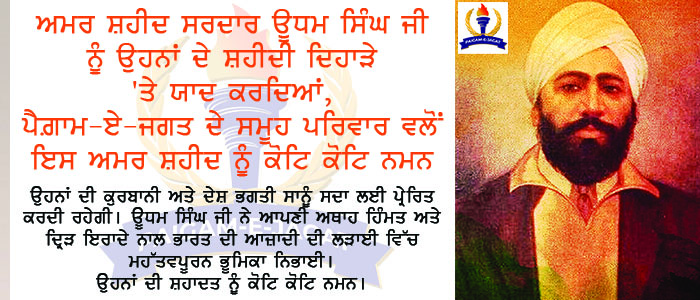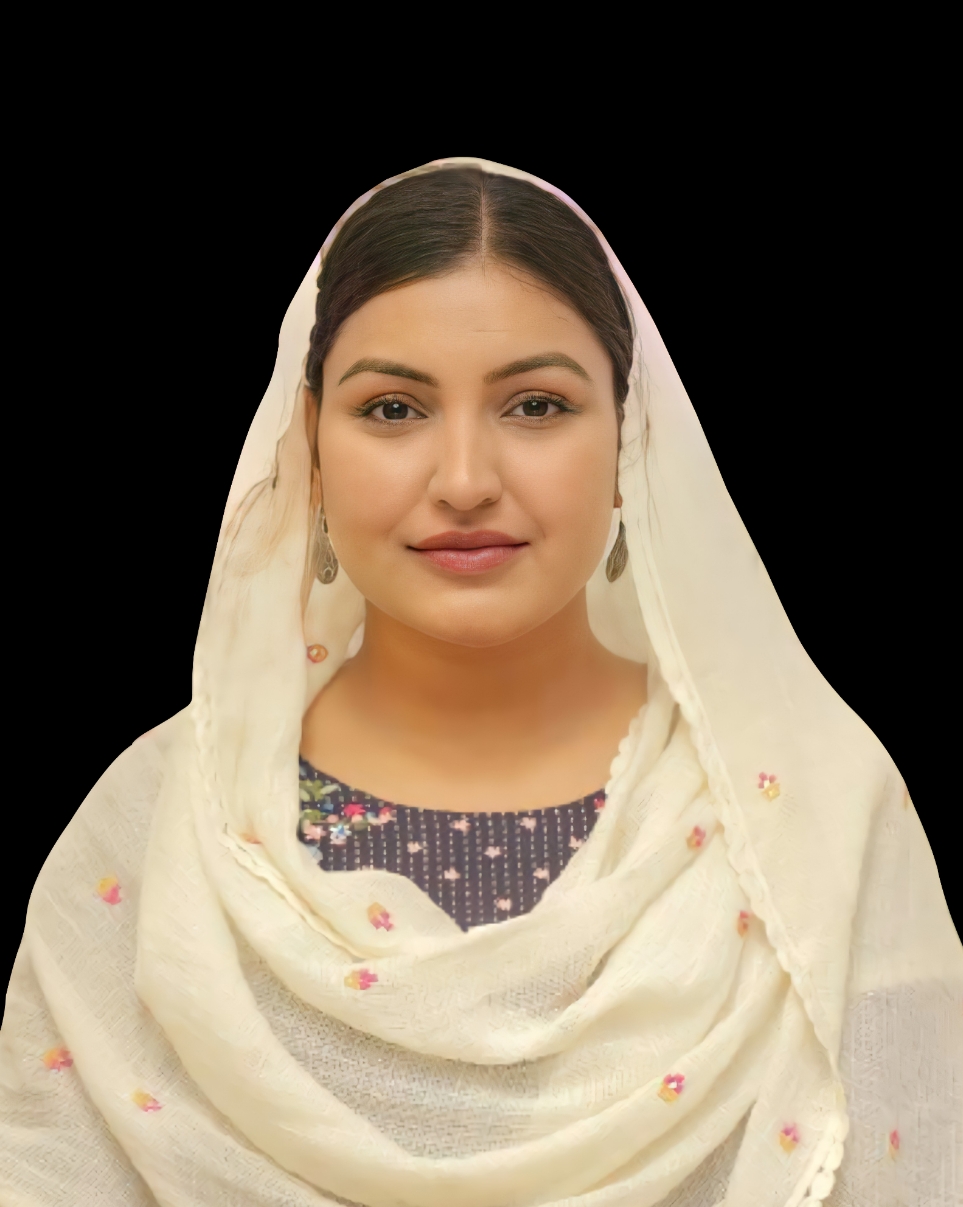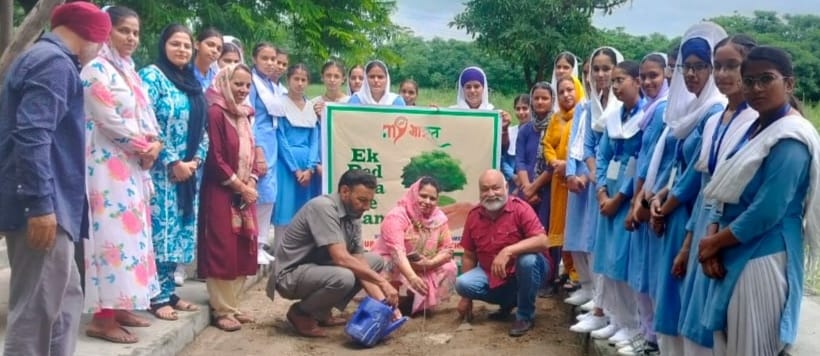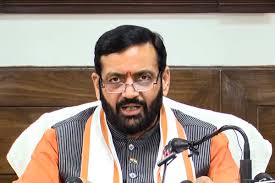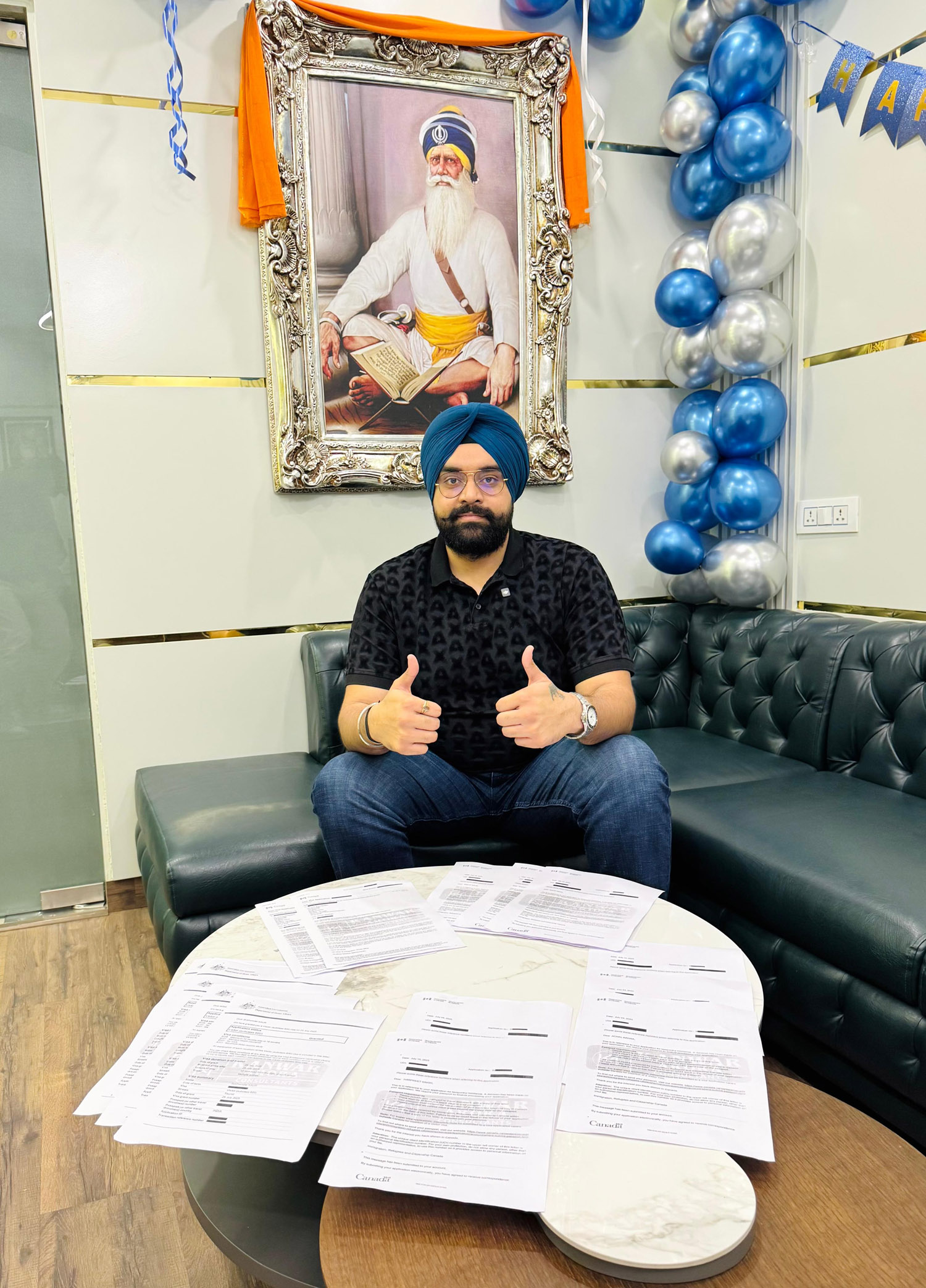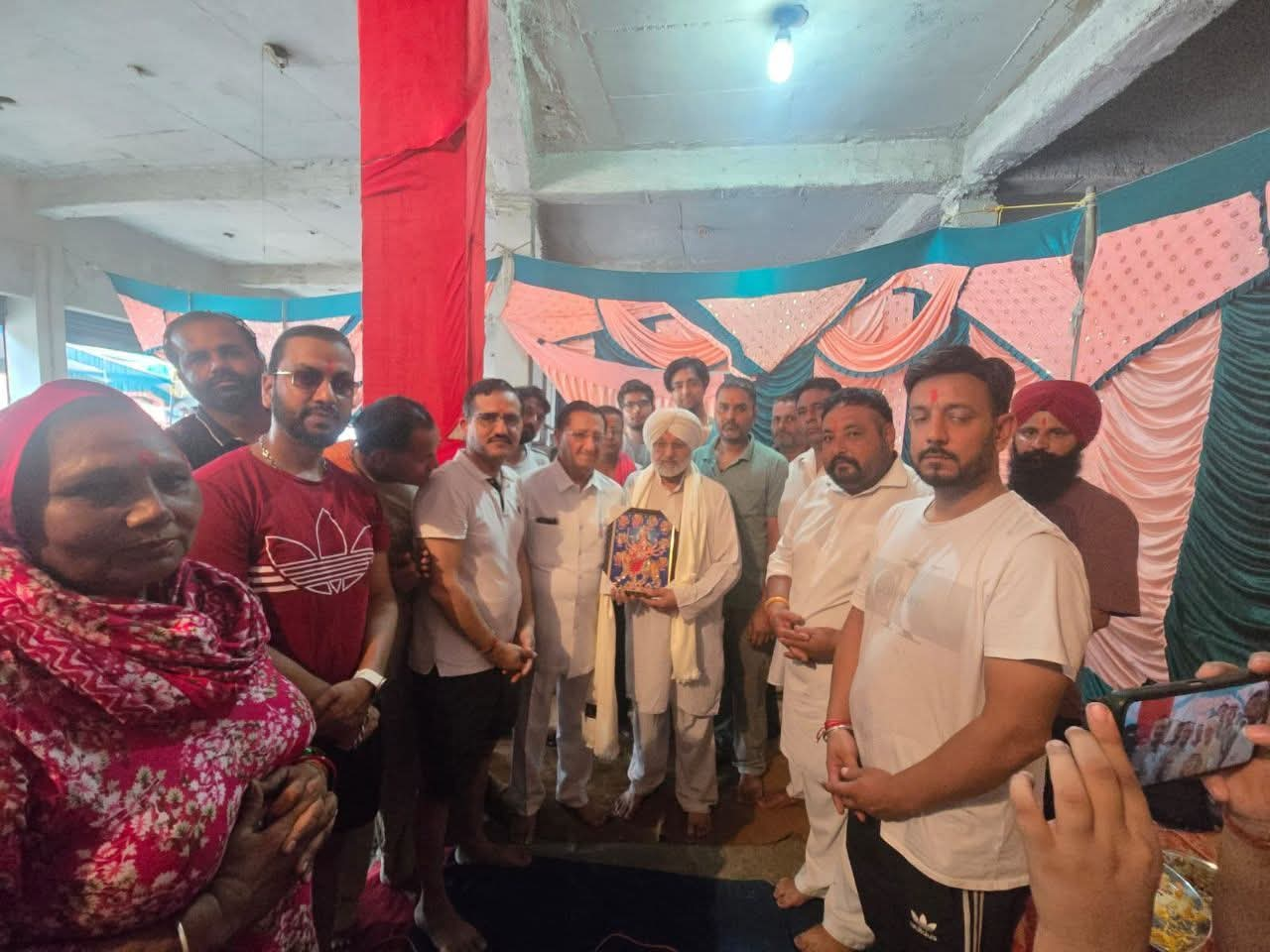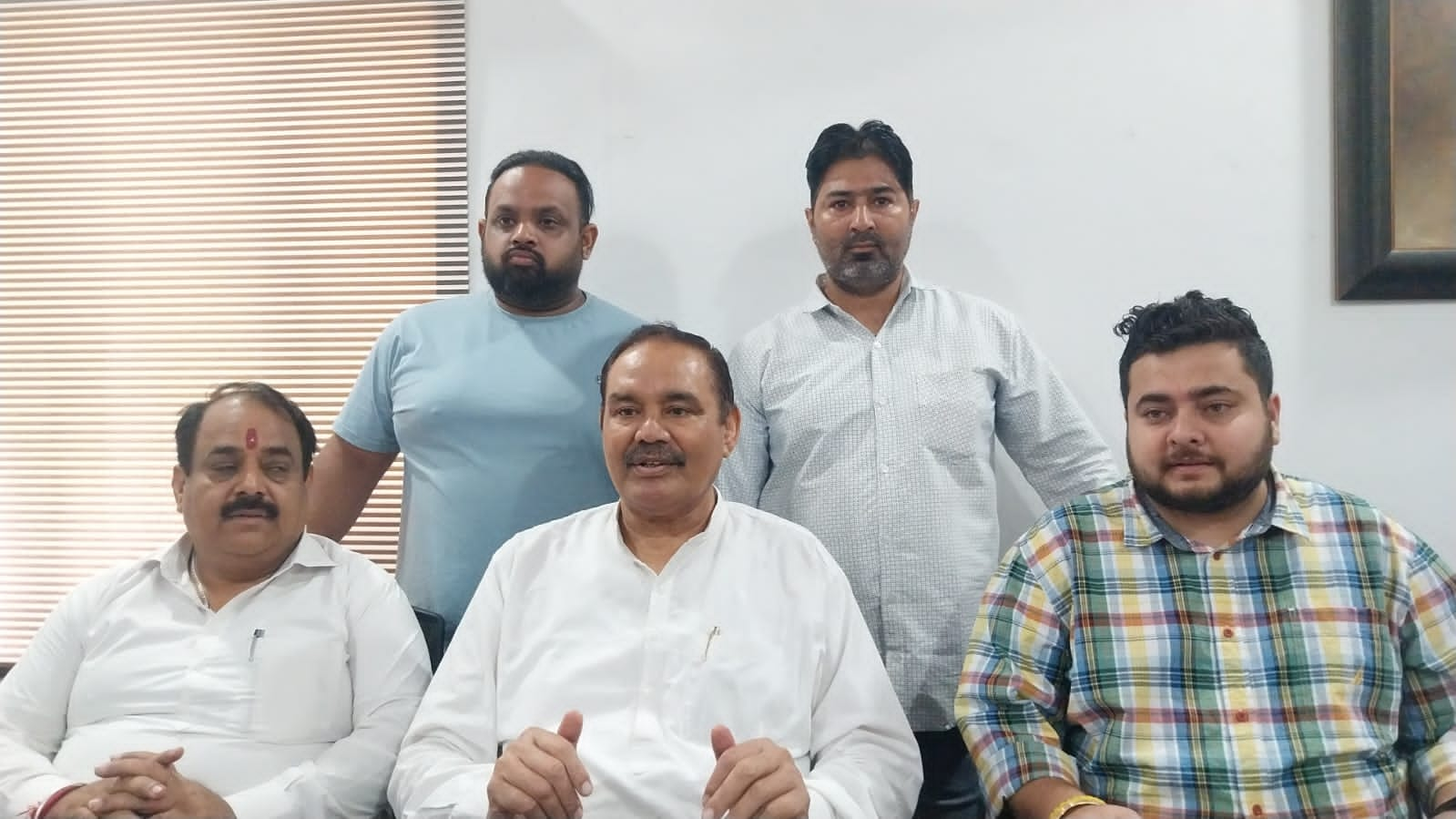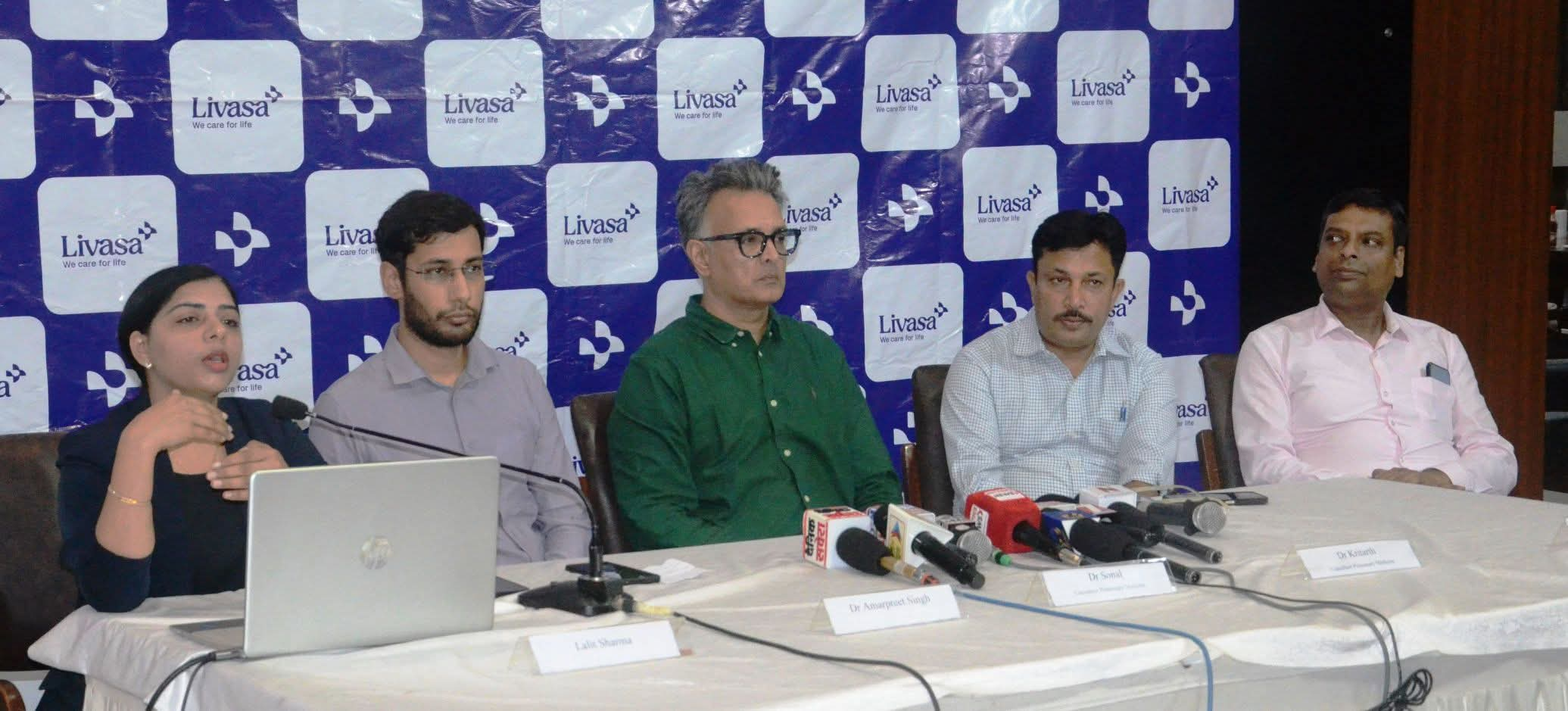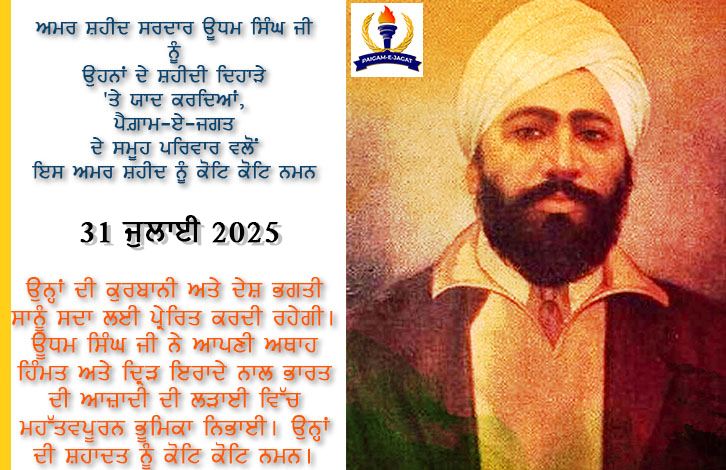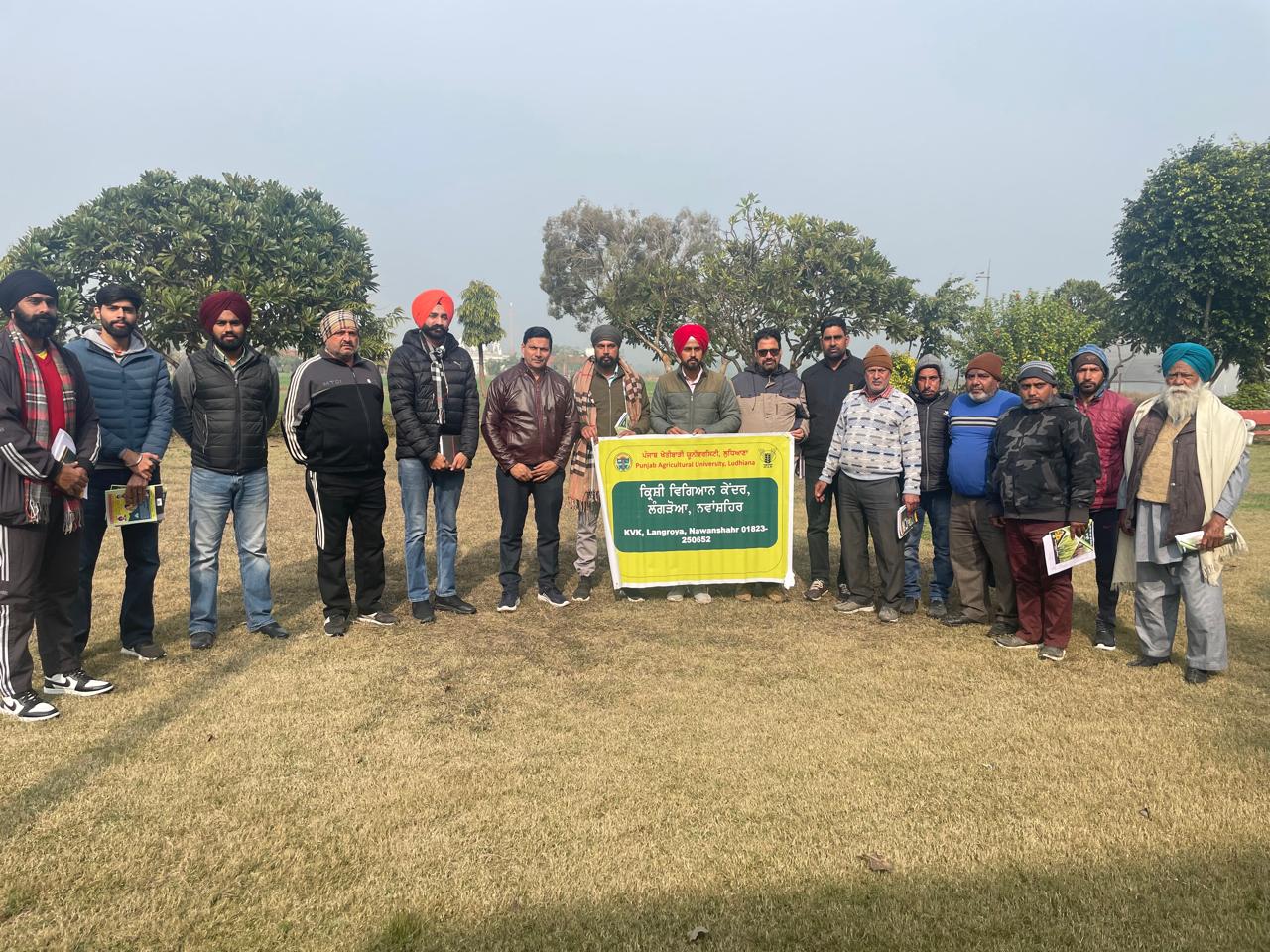
Krishi Vigyan Kendra Shaheed Bhagat Singh Nagar organized a training course on preparing a nursery of Poplar
Nawanshahr- Punjab Agricultural University's Krishi Vigyan Kendra Shaheed Bhagat Singh Nagar organized a training course on preparing a nursery of Poplar today, January 08, 2025. In which 15 trainees participated. Poplar is a suitable tree for forest farming. Punjab Agricultural University has made recommendations for the cultivation of various crops in Poplar trees.
Nawanshahr- Punjab Agricultural University's Krishi Vigyan Kendra Shaheed Bhagat Singh Nagar organized a training course on preparing a nursery of Poplar today, January 08, 2025. In which 15 trainees participated. Poplar is a suitable tree for forest farming. Punjab Agricultural University has made recommendations for the cultivation of various crops in Poplar trees.
Deputy Director (Training) Dr. Pradeep Kumar said that Balachaur and Saroya blocks of Shaheed Bhagat Singh Nagar are very suitable for planting Poplar trees. The wood of the poplar here is white and is used more in the plywood industry. Due to which the farmers get more economic profit. Dr. Varun Attri, PAU College of Agriculture, Ballowal, specially arrived from Saunkhari to provide information to the trainees in this training course. He shared detailed information about preparing a nursery of Popular. He said that Popular cuttings should be prepared from a reliable nursery that is one year old. At the time of planting the cuttings, the soil should be fertile and well drained. There should also be a proper arrangement of irrigation. Dr. Jaswinder Kumar, Assistant Professor (Crop Science) shared information about using polythene sheet or paddy straw through mulching method to control weeds in Popular nursery. In the end, all the trainees took a pledge to adopt the method of preparing a nursery of Popular as a source of income. Thus, this training course was successfully completed.
